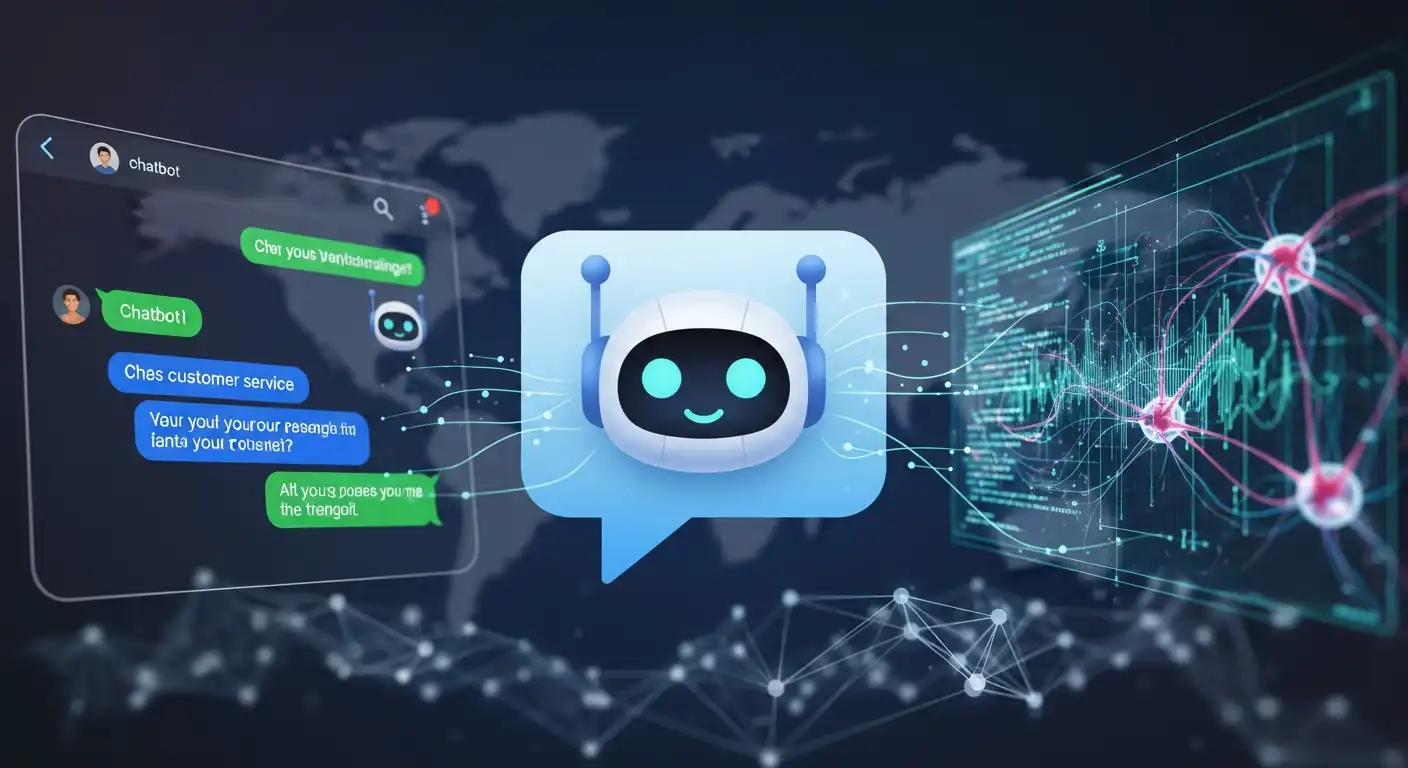In the era of instant communication and personalized experiences, Chatbots and Conversational AI have emerged as revolutionary tools transforming how businesses engage with their audiences. These intelligent systems, powered by artificial intelligence, streamline communication processes and provide users with a dynamic, interactive interface. From customer support to marketing and beyond, adopting chatbots and conversational AI is reshaping the digital interaction landscape, delivering efficiency, scalability, and unparalleled user experiences.
The Rise of Chatbots
Chatbots have become frontline soldiers in customer engagement. They provide instantaneous responses, address customer queries, and guide users through various processes. Whether integrated into websites, messaging apps, or social media platforms, chatbots provide a 24/7 presence, ensuring customers receive prompt, consistent assistance. It enhances customer satisfaction and frees up human resources for more complex tasks by leveraging automation to improve operational efficiency.
Personalized Interactions
Conversational AI takes the interaction beyond scripted responses. By leveraging natural language processing and machine learning, these systems understand user intent, context, and sentiment. It enables personalized, context-aware conversations, creating a more human-like interaction. From recommending products to providing tailored information, conversational AI adapts to user preferences, enriching the user experience and fostering a deeper connection between businesses and their audience.
Beyond Customer Support
The applications of chatbots and conversational AI extend far beyond customer support. In marketing, they facilitate personalized product recommendations and assist in lead generation. In healthcare, they provide preliminary information and appointment scheduling. In education, they act as virtual tutors or answer academic queries. The versatility of these technologies positions them as valuable assets across diverse industries, driving innovation in how organizations interact with their stakeholders.
The Adaptive Nature
One of the key strengths of conversational AI is its ability to learn and improve continuously. These systems analyze past interactions through machine learning algorithms, adapt to changing user behavior, and refine their responses over time. This adaptive nature ensures that chatbots evolve with user expectations, staying relevant and effective in dynamic digital environments.
Conclusion
Chatbots and conversational AI represent a paradigm shift in digital interactions. Their ability to enhance customer engagement, provide personalized experiences, serve across diverse industries, and continuously learn and improve positions them as transformative tools in the digital landscape. As businesses seek to optimize their processes and deliver seamless user experiences, the strategic adoption of chatbots and conversational AI becomes not just a technological choice but a visionary investment in the future of digital interactions.





